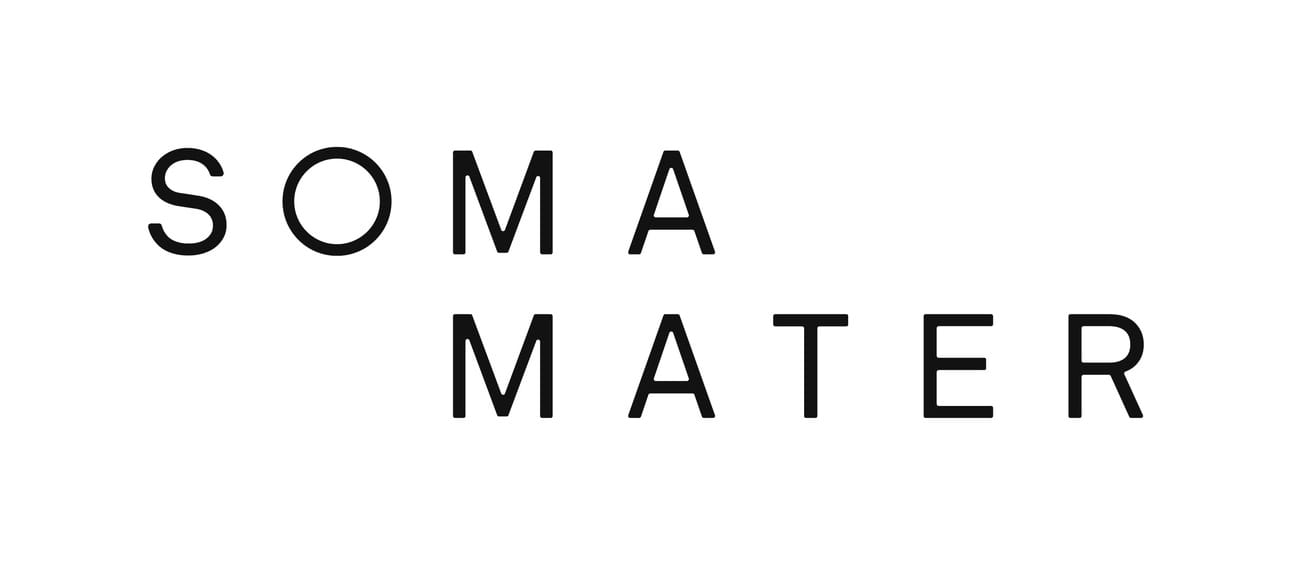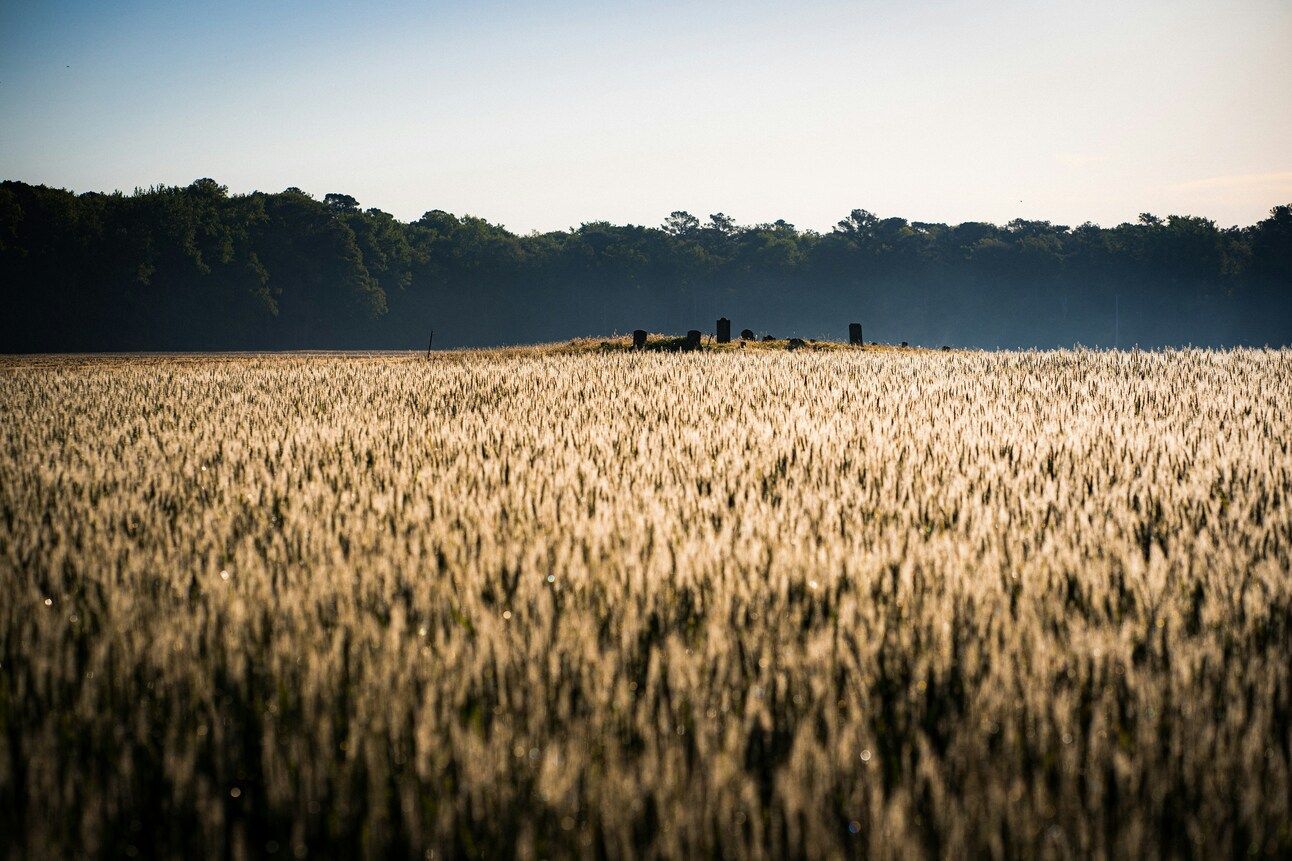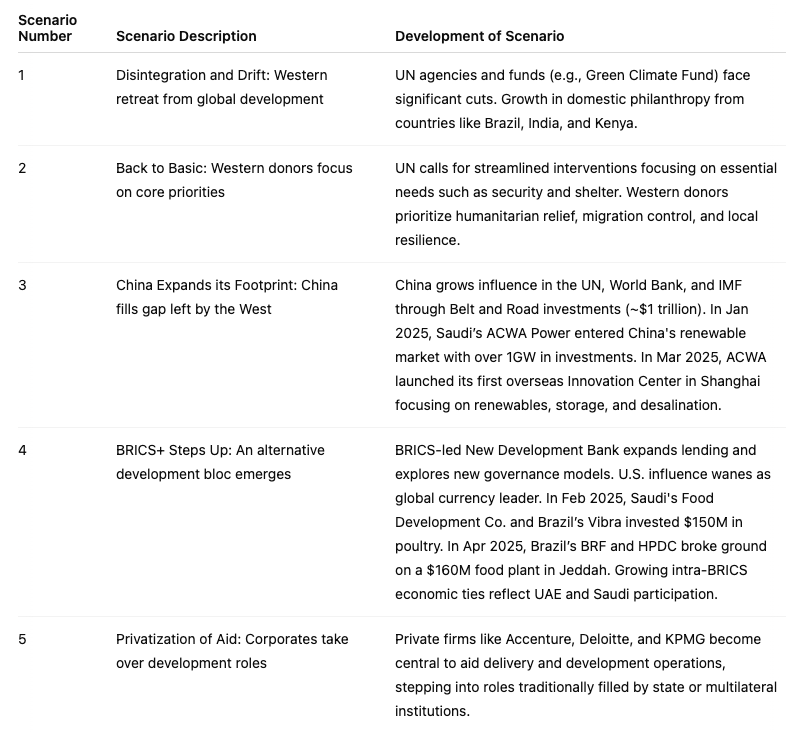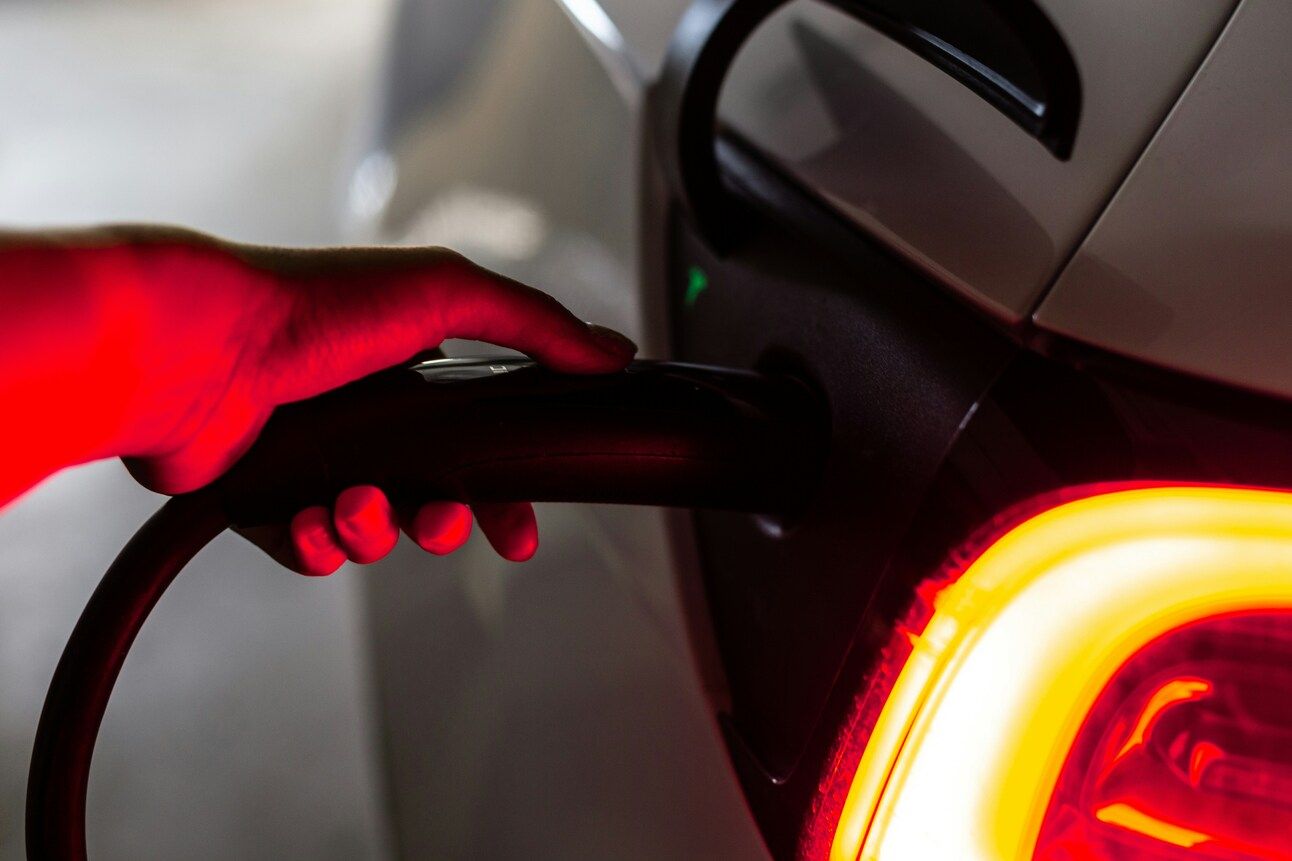- Soma Mater's Newsletter
- Posts
- SOMA Newsletter
SOMA Newsletter

Welcome to the SOMA MATER weekly newsletter.
At SOMA MATER, we specialize in delivering comprehensive research and advisory services with a focus on Food & Water Security and Net Zero Transition in the MENA Region. In order to support our subscribing clients in navigating these topics and understanding the regional narrative, we produce monthly Food and Water Security and Net Zero Transition Intelligence Reports, along with our in-depth analysis and insights.
This weekly newsletter highlights the top 3 stories from the past week in Food and Water Security and Net Zero transition, along with SOMA MATER's analysis and perspective.
What are the current water security challenges in Iran and Cyprus and what are the impacts on these regions?
How is Egypt's new wheat procurement initiative revealing shifts in food security dynamics and a wider shift in global development aid?
How are Western and Chinese EV manufacturers playing out in Saudi Arabia's emerging electric vehicle market and what does that say about a global dynamic shift?
Sustainably yours,
The SOMA team
A Tale of Two Thirsts: What We Can Learn From Dubai Chocolate
#FoodandWaterSecurity

Iran has been suffering from land subsidence (the sinking of the ground because of underground material movement) driven by excessive groundwater extraction, primarily for agricultural purposes. Scientists have observed subsidence rates exceeding 30cm annually in major provinces like Tehran, Kerman, and Isfahan, with the potential to cause significant damage to infrastructure including pipelines, drainage systems, airports, and railways. The crisis is particularly acute as over 90% of groundwater extraction is attributed to the agricultural sector, with climate change exacerbating the situation through more frequent droughts.
The issue is starkly illustrated in Rafsanjan, a major pistachio-producing region where water-intensive farming has severely depleted local aquifers. Despite these environmental challenges, Iran's pistachio exports have surged, with monthly exports reaching 20,000 MT during February-March 2024, marking a 43% increase from the previous year. The Dubai Chocolate trend has partly contributed to this export surge during an international shortage of pistachio kernels, which has driven prices up from $7.65 to $10.30 per pound.
The water crisis extends beyond Iran. Cyprus is facing acute water shortages, with reservoir levels at less than a quarter of their capacity following the second-driest winter in a decade. In response, the UAE has stepped in to provide free portable desalination plants to Cyprus, producing 15,000 cubic meters of potable water daily. The crisis was intensified when a fire damaged one of Cyprus's five static desalination plants, necessitating immediate intervention to maintain water supply during the peak tourism season.
SOMA’s Perspective:
This week's water-related topics highlight challenges in the MENA region. In Iran, we observe the relation between agricultural expansion, particularly in pistachio production, and severe land subsidence through excessive groundwater extraction. Iran's pistachio exports have surged, becoming the second-largest exporter to Europe. On the other hand, Cyprus struggles with a water crisis while having a daily water consumption of 200 liters per person, above the basic human need of 20-50 liters. These parallel situations underscore the delicate balance between agricultural productivity and water resource management.
Sources:
https://www.climatechangepost.com/countries/cyprus/fresh-water-resources/#:~:text=Water demand in Cyprus has,person per day (11).
Wheat's Up? The World's New Recipe for Food Security
#FoodandWaterSecurity

Egypt has launched its 2025 local wheat procurement season with measures to support national food security and farmer stability. The government has implemented competitive procurement pricing above global market rates and established over 420 collection points nationwide, with 48-hour payment processing to ensure efficient operations. Key organizations including the Future of Egypt for Sustainable Development Authority and the Agricultural Bank of Egypt are coordinating to streamline the procurement process.
This initiative comes at a time when Egypt navigates complex economic challenges, including inflation and the impact of regional crises (according to a recent World Food Programme (WFP) report). The country currently hosts over 940,000 registered refugees, with 70% being Sudanese crisis evacuees. The World Food Programme's 2023-2028 Country Strategic Plan in Egypt is an example of a plan focusing on strengthening food systems, supporting refugees, and empowering smallholder farmers in the country.
At the same time, the global development aid landscape has been undergoing transformation, with traditional Western support retreating amid budget cuts that are severely impacting food security programs. In response, a new multipolar aid system is emerging, characterized by 5 potential scenarios: Western disintegration leading to reduced UN funding, a back-to-basics approach focusing on essential humanitarian needs, China's expanding influence through massive infrastructure investments, the rise of BRICS+ as an alternative development bloc, and the privatization of aid through corporate involvement. This transformation in dynamics is already evident across multiple regions, including in the MENA region (Fig 1).

Figure 1
SOMA’s Perspective:
SOMA views this initiative as Egypt's recognition of wheat's vital role in food security and social stability. It addresses domestic pressures and farmer concerns while highlighting the link between food systems and regional stability. The changing global food aid landscape, particularly with potential U.S. aid reductions, signals a wider shift. While basic humanitarian aid may remain central, China's growing influence through initiatives like Belt and Road could reshape assistance patterns. This shift occurs as food insecurity challenges persist across Africa, the Middle East, and Asia, emphasizing the continued need for international support amid changing global dynamics.
Sources:
Charging Ahead: BYD and Aramco's Electric Spark
#NetZeroTransition

Saudi Aramco has partnered with Chinese EV giant BYD to develop new energy vehicle technologies. The agreement, signed through Saudi Aramco Technologies Company (SATC), demonstrates the kingdom's commitment to cleaner transportation solutions while strengthening Sino-Saudi cooperation in the green technology sector.
This strategic partnership emerges as Tesla makes its entry into the Saudi market, despite facing global challenges including a 13% drop in first-quarter sales for 2025 and ongoing controversies surrounding Elon Musk. However, Saudi Arabia's EV infrastructure remains in its early stages, with just 101 charging stations recorded in 2024, though Tesla plans to expand its presence through online sales, pop-up stores, and Supercharger stations in key cities.
The global EV landscape is witnessing an intensifying competition between Tesla and BYD, with the Chinese manufacturer's competitive pricing and rapid growth challenging Tesla's market position. Meanwhile, Aramco is diversifying its approach to transport efficiency, exploring both innovative lower-carbon fuels and advanced powertrain technologies to support the kingdom's clean mobility transition.
SOMA’s Perspective:
The evolving dynamics in Saudi Arabia's EV market reflect broader geopolitical shifts in the region: the larger pattern of Western commercial retreat from the region, creating opportunities that Chinese enterprises are capitalizing on. The Aramco-BYD partnership exemplifies the strengthening Sino-Saudi cooperation, especially within the BRICS+ framework, which is becoming increasingly influential in shaping the region's sustainability transition. While Western companies like Tesla attempt to gain market entry, China is cementing its position in the Middle East's renewable and sustainability landscape, demonstrating how the region's clean energy transition is increasingly being shaped by Sino-Middle Eastern collaboration rather than traditional Western partnerships.
Sources:
SOMA MATER is writing Intelligence Reports on the topics of Food and Water Security and Net Zero Transition. If you’d like to know more, contact us through the link below: